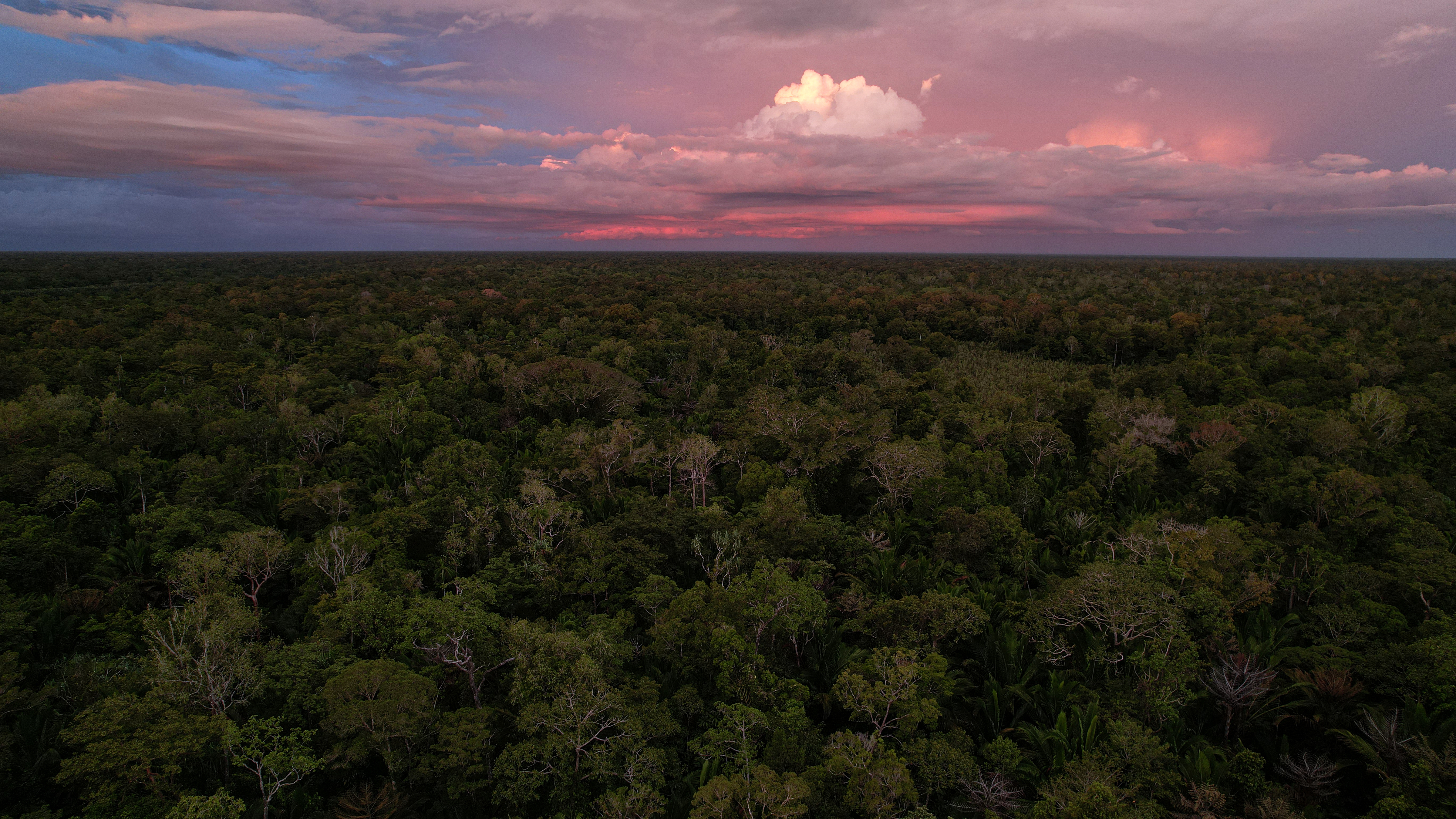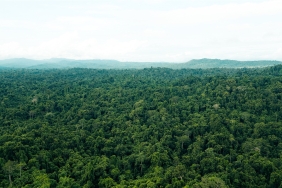ASEAN FINANCIAL INSTITUTIONS AND INVESTORS ENCOURAGED TO IMPROVE IMPLEMENTATION OF SUSTAINABILITY STANDARDS
JAKARTA - Financial service providers, banks and investors in the ASEAN region are encouraged to start implementing the integration of environmental, social and governance aspects as a requirement for funding and financial activities carried out. There is a significant lag in financial service providers in ASEAN when compared to similar institutions in Brazil, China, South Africa and Hong Kong that have adopted standards for the integration of environmental, social and governance aspects in their financial activities. It is a fact that integrating environmental and social aspects will have a major influence on economic stability and growth.
These are the findings of WWF's latest report launched in Singapore on May 13, 2015 titled 'Sustainable finance in Singapore, Indonesia and Malaysia: a Review of Financiers' ESG Practices, Disclosure Standards and Regulations'. The report is based on a search of publicly available and accessible information from financial institutions in the ASEAN region as well as investors, taking as its main case studies the palm oil, timber, and pulp and paper sectors. This is given the importance of these sectors to the domestic economy and as key actors in managing risks to tropical forests in the region.
The report further finds that the application of regulations in ASEAN for disclosure reporting related to responsible lending and sustainable corporate requirements is still too broad and general.
"Although ASEAN countries are lagging behind in the implementation of responsible finance, Indonesia is now on the path, marked by the roadmap for sustainable finance program in Indonesia launched in December 2014 by OJK." explained Budi Wardhana - Director of Policy, Sustainability and Transformation Program, WWF Indonesia.
"In order for the government's target program to be effective, financial service providers, banks and investors are expected to play an active role to start developing strategies and implementing the integration of environmental, social and governance aspects into their business calculations. The fact is that environmental and social issues have a major influence on economic stability and growth," Budi added.
-o0o-
For more information, please contact:
Nenden N. Fathiastuti, Public Relations Manager, WWF-Indonesia
Email: nfathiastuti@wwf.or.id, Hp: +62 811 1909-148
Rizkiasari Yudawinata, Responsible Investment Senior Officer, WWF-Indonesia
Email: Rjoedawinata@wwf.or.id, Hp: +62811 234 4343
Note to Editor:
This report builds on WWF's previous research on commodity market transformation, the role of financial services institutions and responsible and sustainable investment.
- Making Better Production Everybody's Business: Results of 5 years of WWF Market Transformation Work
- Environmental, Social, and Governance Integration for Banks: A Guide to Starting Implementation
- The 2050 Criteria - Guide to Responsible Investment in Agricultural, Forest, and Seafood Commodities
- Palm Oil Investor Review 2012
- Profitably and Sustainability in Palm Oil Production
The full report can be downloaded at: http://bit.ly/SFR_2015_Publication





